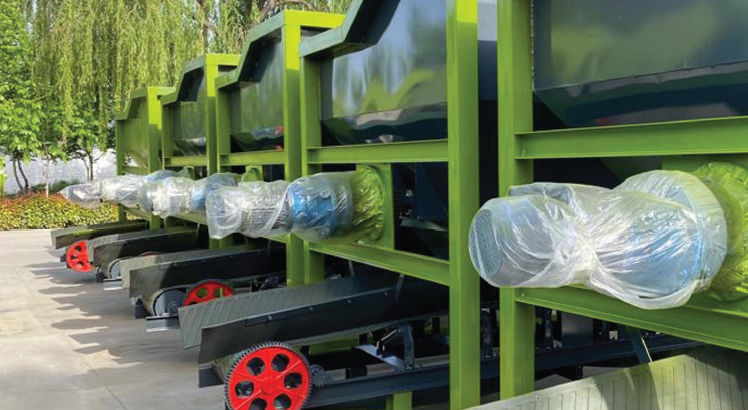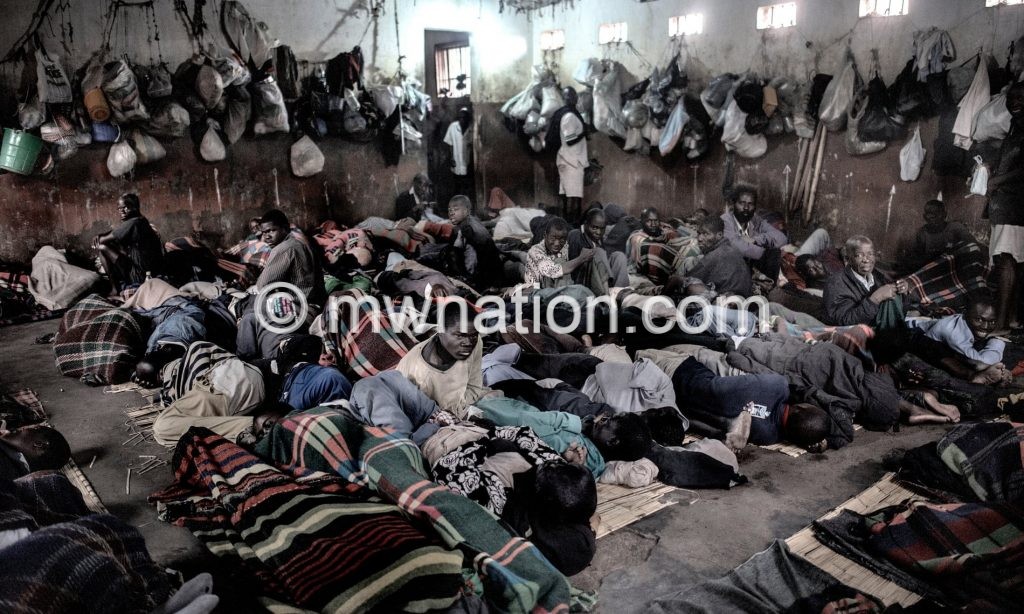Rural Development Investment Holdings (Rudevit) says its K1 billion fertiliser manufacturing factory will roll out in the first quarter (Q1) of 2023, raising hopes for improved agricultural production and job creation.
Malawi Environmental Protection Authority (Mepa) has since approved the environmental and social impact assessment (Esia) report to enable the firm to start production of 25 000 metric tonnes (MT) of organic fertiliser.
Part of the machinery for the organic fertiliser plant at Chileka in Blantyre
Speaking in an interview yesterday, Rudevit board chairperson Hastings Bofomo Nyirenda said so far, works to ensure the project goes into full operation are underway.
He said the other machinery is set to arrive in the country by the end of November.
Nyirenda said: “Ideally, we could have had our machinery earlier, but we were waiting for approvals. The delays to get approvals meant that some processes were stalled, but now we are on track and expecting to have the first production of the product early next year.”
Nyirenda said apart from reducing the cost of production, the project entails producing organic fertiliser from waste products. He said the factory will also create jobs.
He said: “Our machinery is fully automated. However, we envisage that for the new factory, around 60 to 100 people will be employed.
“Without committing to the actual selling price, we believe that it will be significantly lower than the current offering of the chemical fertilisers that is imported.”
Nyirenda said the company, which has been set up in Chileka, Blantyre where the first machinery has been installed, will thereafter rollout in all strategic agricultural districts throughout the country.
“Our ultimate goal is to reach out to as many people as possible. For the new factory, we have already made arrangements with various entities to supply waste to the company and we are optimistic that going forward, we will reach out to as many Malawians with our product as possible,” he said.
Meanwhile, Mepa, which has approved the Esia report for the installation and operation of the fertiliser production factory, has since certified the project.
In a letter dated November 14 2022, Mepa acting director general Ben Yasin indicated that they have approved their Esia report on condition that it will comply with mitigation measures in the report.
The project comes amid unprecedented spikes in fertiliser prices from about K20 000 in 2020 to an average of K70 000 this year.
The price of fertiliser has risen amid falling buying power due to economic disruption caused by Covid-19 and Russian invasion of Ukraine.
Lilongwe University of Agriculture and Natural Resources Head of Soil Sciences Department Patson Nalivata said in an interview production of organic fertiliser is a welcome development.
“The organic way is always encouraged because we realise that we mostly tend to focus on inorganic fertilisers,” he said
Ministry of Agriculture data shows that the country requires about 611 000MT of fertiliser annually to meet the demand.
The post Firm set to start making fertiliser appeared first on The Nation Online.
 Moni Malawi
Moni Malawi 

